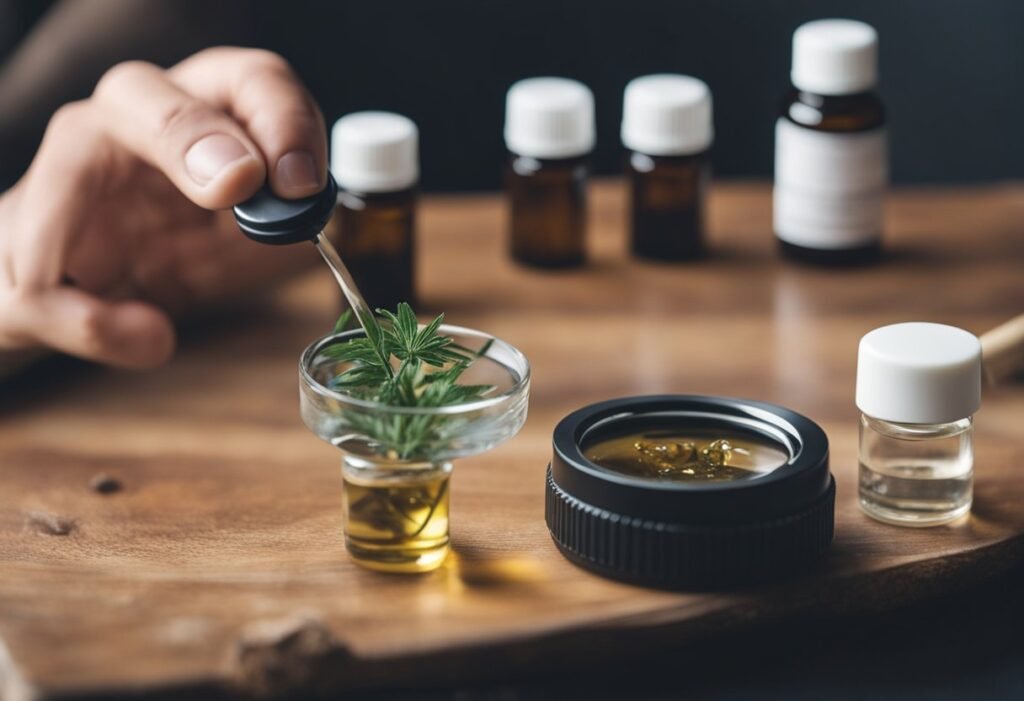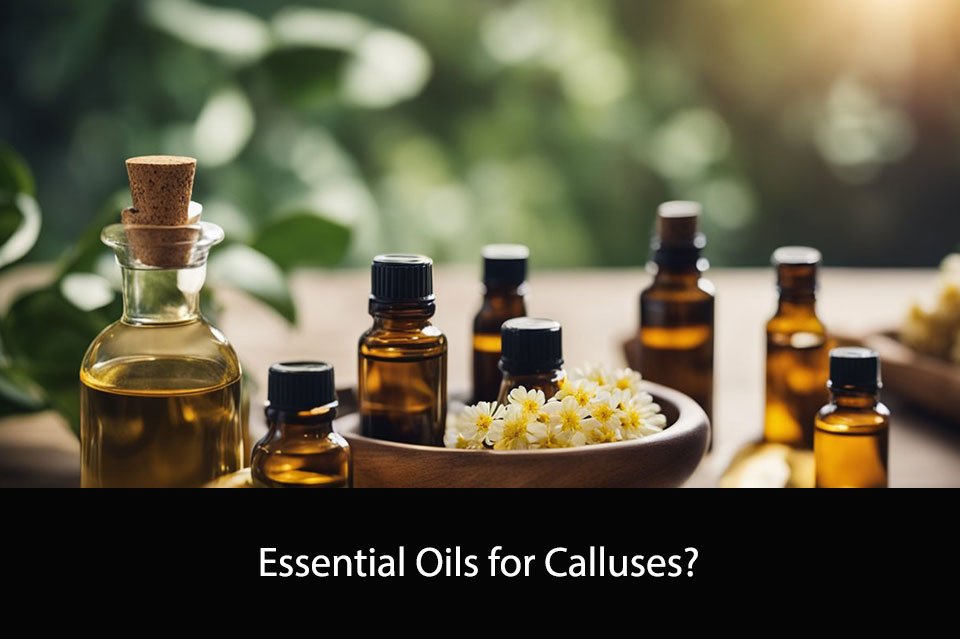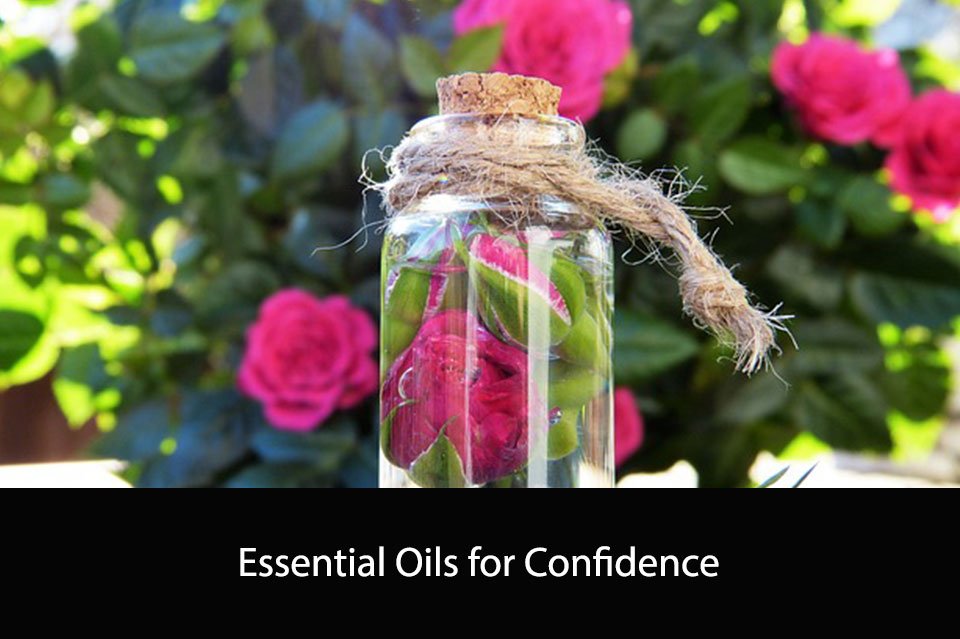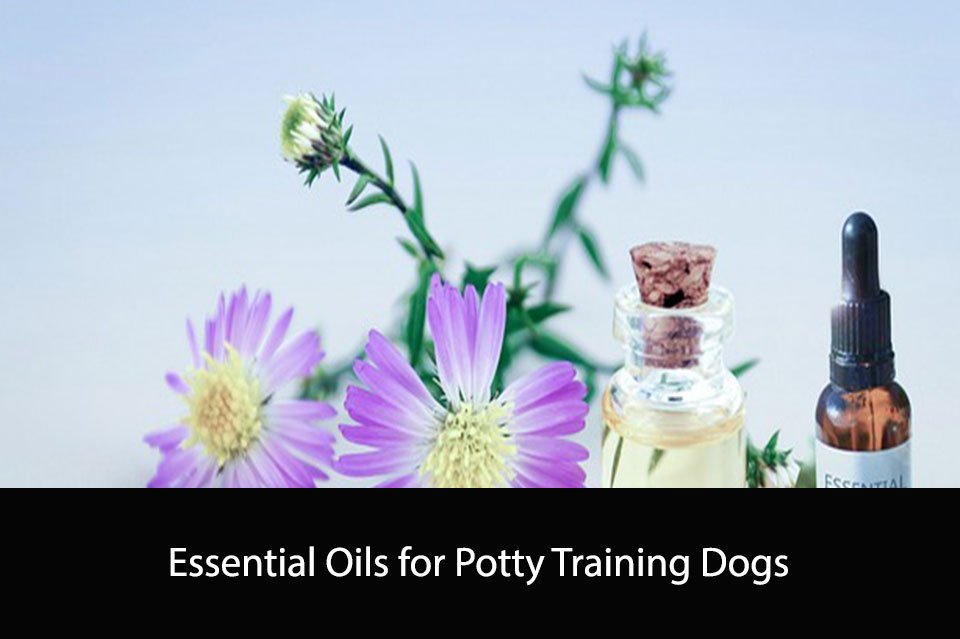Calluses are a common problem that many people experience, especially those who spend a lot of time on their feet or use their hands frequently. While calluses can be unsightly, they are generally not harmful. However, they can become painful and uncomfortable, especially if left untreated.
Fortunately, there are several natural remedies that can help to soften and reduce calluses. One such remedy is essential oils. Essential oils are highly concentrated plant extracts that are known for their therapeutic properties. They can be used for a variety of purposes, including skincare, relaxation, and pain relief. When used properly, essential oils can be an effective and safe way to treat calluses.
In this article, we will explore the benefits of using essential oils for calluses. We will discuss the different types of essential oils that are best suited for treating calluses, as well as how to use them safely and effectively. Whether you are dealing with calluses on your feet or hands, we hope that this article will provide you with the information you need to find relief and improve the health of your skin.
What are Essential Oils

Essential oils are highly concentrated plant extracts that are used for various purposes, including aromatherapy, massage, and skincare. These oils are extracted from different parts of plants, such as flowers, leaves, stems, and roots. They are known for their potent therapeutic properties and are used in many natural remedies.
Origin and History
Essential oils have been used for thousands of years in different cultures for their medicinal and therapeutic properties. The ancient Egyptians, Greeks, and Romans used essential oils for their cosmetic and therapeutic benefits. In ancient China and India, essential oils were used in traditional medicine to treat various ailments.
The use of essential oils declined during the Middle Ages but regained popularity during the Renaissance period. In the 20th century, the popularity of aromatherapy and natural remedies led to the resurgence of essential oils.
Extraction Process
There are different methods of extracting essential oils from plants, including steam distillation, cold pressing, and solvent extraction. Steam distillation is the most common method and involves passing steam through the plant material to extract the oil. Cold pressing is used for citrus oils and involves pressing the fruit to extract the oil. Solvent extraction is used for delicate flowers and involves using solvents to extract the oil.
It is important to note that essential oils are highly concentrated and should be used with caution. Some essential oils may cause skin irritation or allergic reactions, and some may be toxic if ingested. It is recommended to dilute essential oils with a carrier oil before use and to consult with a healthcare professional before using them for medicinal purposes.
Understanding Calluses

Causes
Calluses are a common skin condition that occurs when there is repeated friction or pressure on the skin. This can be caused by a variety of factors, including wearing ill-fitting shoes, playing musical instruments, or performing manual labor. Calluses can also develop due to certain medical conditions, such as diabetes or arthritis.
Effects
Calluses can be unsightly and uncomfortable, and in some cases, they can become painful or even infected. They typically appear as thick, hardened areas of skin, and can be yellow, gray, or brown in color. Calluses can also cause the skin to become dry and cracked, which can make them more susceptible to infection.
To prevent calluses from developing, it is important to wear properly fitting shoes and to take breaks when performing activities that put pressure on the skin. If you already have calluses, there are a variety of treatments available, including over-the-counter creams and ointments, as well as natural remedies like essential oils. However, it is important to consult with a healthcare professional before trying any new treatments, especially if you have a medical condition or are taking medication.
Essential Oils for Calluses

Calluses are thickened areas of skin that develop as a result of repeated friction or pressure. They can be uncomfortable and unsightly, but fortunately, there are many natural remedies that can help soften and reduce calluses. Essential oils are one such remedy that can be used to soothe and heal calluses.
Lavender Oil
Lavender essential oil has a soothing and calming effect on the skin, making it an excellent choice for treating calluses. It has anti-inflammatory properties that can help reduce redness and swelling, and its antiseptic properties can help prevent infection. To use lavender oil for calluses, simply apply a few drops of the oil directly to the affected area and massage it in gently. Repeat this process twice a day for best results.
Tea Tree Oil
Tea tree oil is another essential oil that can be effective in treating calluses. It has antifungal and antibacterial properties that can help prevent infection and promote healing. To use tea tree oil for calluses, mix a few drops of the oil with a carrier oil such as coconut oil or olive oil and apply it to the affected area. Massage it in gently and cover with a bandage. Repeat this process twice a day until the callus has healed.
Eucalyptus Oil
Eucalyptus essential oil has analgesic and anti-inflammatory properties that can help reduce pain and swelling associated with calluses. It also has antiseptic properties that can help prevent infection. To use eucalyptus oil for calluses, mix a few drops of the oil with a carrier oil such as jojoba oil or almond oil and apply it to the affected area. Massage it in gently and cover with a bandage. Repeat this process twice a day until the callus has healed.
In conclusion, essential oils can be a natural and effective way to treat calluses. However, it is important to use them properly and to seek medical attention if the callus does not improve or becomes infected.
How to Apply Essential Oils
Direct Application
When applying essential oils directly to your calluses, it is important to first clean the affected area thoroughly. This will help to ensure that the oil can penetrate the skin and work effectively. You can use a gentle soap and water to clean the area, or you can use a natural cleanser like witch hazel.
Once the area is clean, you can apply the essential oil directly to the callus. Simply place a drop or two of oil onto the affected area and gently massage it into the skin. Be sure to use a light touch, as you don’t want to cause any further irritation or discomfort.
Mix with Carrier Oils
Another option for applying essential oils to calluses is to mix them with a carrier oil. Carrier oils are used to dilute essential oils and make them easier to apply to the skin. Some popular carrier oils include coconut oil, olive oil, and jojoba oil.
To mix your essential oil with a carrier oil, simply add a few drops of the essential oil to a small amount of carrier oil and mix well. You can then apply the mixture directly to the affected area, using the same gentle massage technique as with direct application.
Keep in mind that essential oils are highly concentrated and should be used with caution. Always do a patch test on a small area of skin before applying the oil to a larger area. If you experience any redness, itching, or other signs of irritation, discontinue use immediately.
Precautions and Side Effects
When using essential oils for calluses, it is important to take certain precautions to avoid any potential side effects. Here are some things to keep in mind:
- Always dilute the essential oil with a carrier oil before applying it to your skin. Undiluted essential oils can cause skin irritation, redness, and even burns.
- Test the diluted essential oil on a small patch of skin before applying it to larger areas. This will help you determine if you are allergic or sensitive to the oil.
- Avoid using essential oils on open wounds or broken skin. This can increase the risk of infection and irritation.
- Keep essential oils out of reach of children and pets. Some oils can be toxic if ingested or inhaled.
- If you are pregnant or nursing, consult with your healthcare provider before using essential oils.
While essential oils can be a natural and effective remedy for calluses, it’s important to be aware of the potential side effects. Some common side effects of essential oils include:
- Skin irritation, redness, or rash
- Headaches or dizziness
- Nausea or vomiting
- Allergic reactions
If you experience any of these side effects, stop using the essential oil immediately and seek medical attention if necessary.
Conclusion

In conclusion, essential oils can be a natural and effective way to treat calluses. We have explored several essential oils that have been shown to be particularly effective in softening and reducing calluses, including tea tree oil, lavender oil, and eucalyptus oil.
It is important to note that essential oils should not be used as a substitute for medical treatment, and individuals with sensitive skin should perform a patch test before using any new essential oil. Additionally, essential oils should always be diluted before use to avoid skin irritation or other adverse effects.
Overall, incorporating essential oils into your callus treatment regimen can be a simple and natural way to promote healthy, smooth skin. By combining essential oils with regular exfoliation and moisturization, you can effectively reduce the appearance and discomfort of calluses.
Frequently Asked Questions
How to remove calluses from feet permanently
Removing calluses permanently is not possible as they are a natural response of the skin to pressure and friction. However, you can reduce their appearance and discomfort through regular maintenance and care.
Homemade callus cushion recipe
You can make a callus cushion at home by mixing equal parts of aloe vera gel and petroleum jelly. Apply the mixture to the affected area and cover with a bandage or gauze. This will help reduce pain and pressure on the callus.
Tea Tree oil for calluses on feet
Tea Tree oil has antimicrobial and anti-inflammatory properties that can help reduce the appearance of calluses. Apply a few drops of Tea Tree oil directly to the affected area and massage gently for a few minutes, twice a day.
What essential oil removes calluses?
There are several essential oils that can help reduce the appearance of calluses, including Tea Tree oil, Lavender oil, and Eucalyptus oil. However, it’s important to note that essential oils should always be diluted before use and should not be used as a substitute for medical treatment.
What dissolves hard calluses?
Hard calluses can be softened by soaking your feet in warm water for 10-15 minutes before gently scrubbing them with a pumice stone. You can also use a callus remover gel or cream that contains salicylic acid to dissolve the callus.
How do you dissolve calluses naturally?
You can dissolve calluses naturally by soaking your feet in warm water with Epsom salt or apple cider vinegar. After soaking, gently scrub the callus with a pumice stone. You can also apply a mixture of baking soda and water to the callus for a few minutes before rinsing it off.





